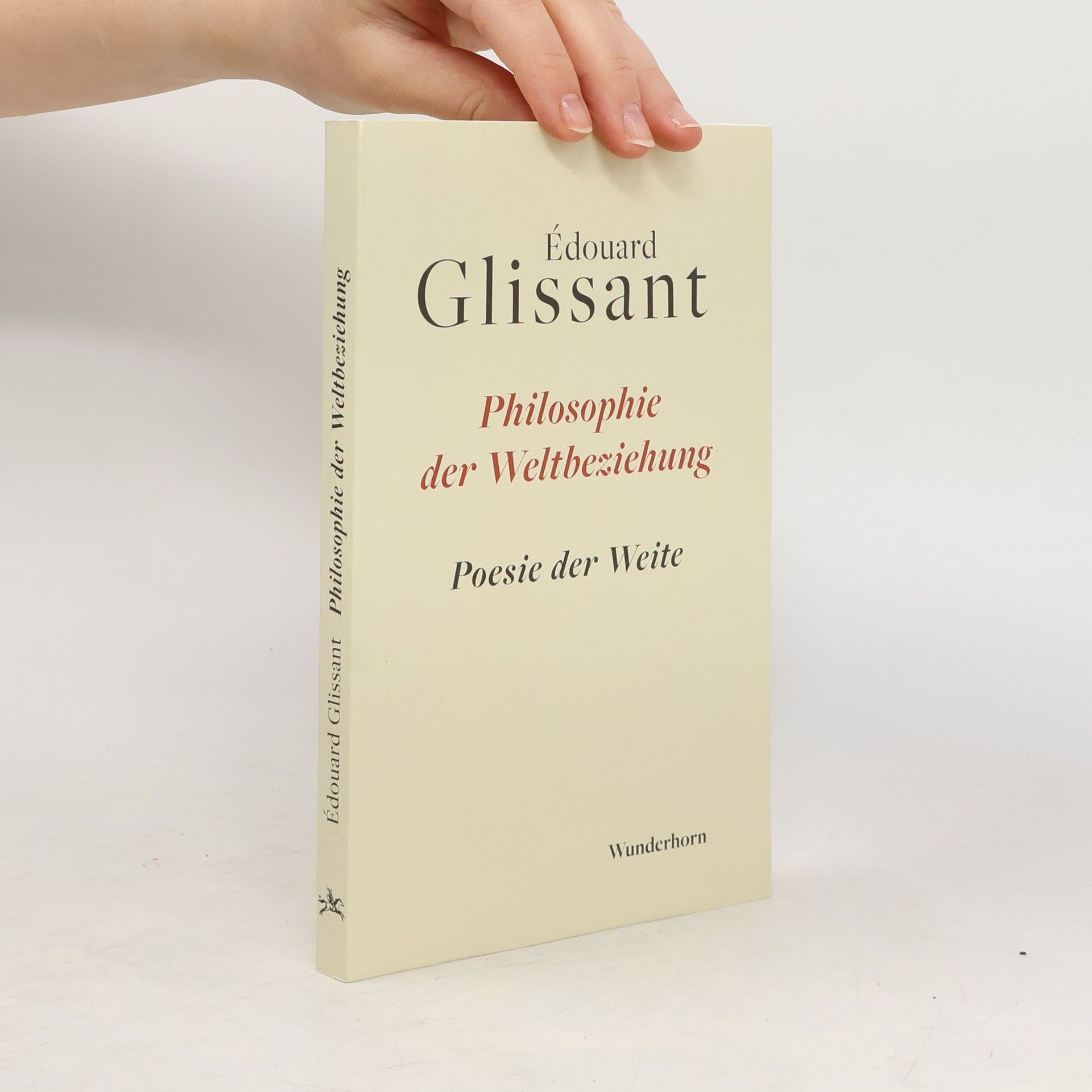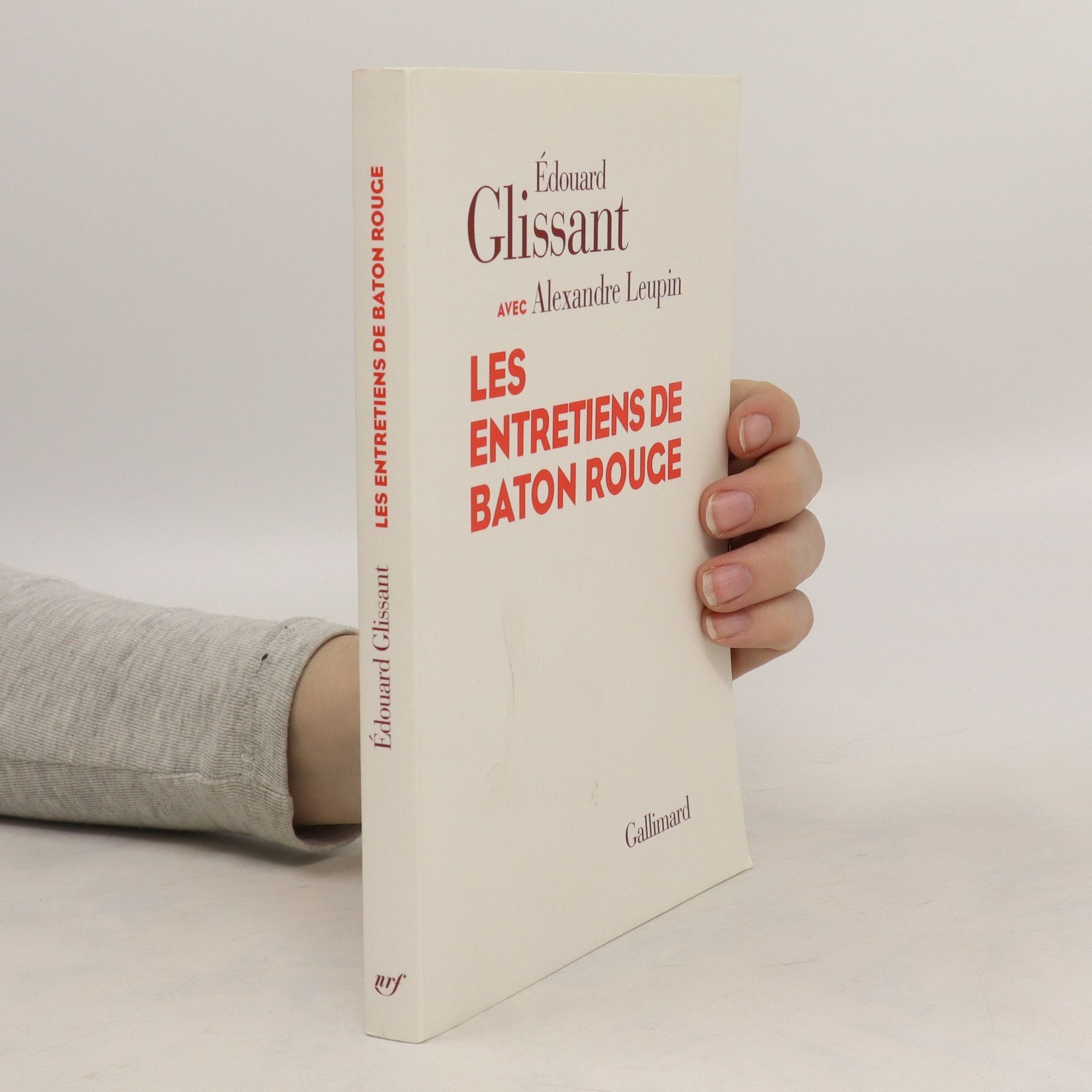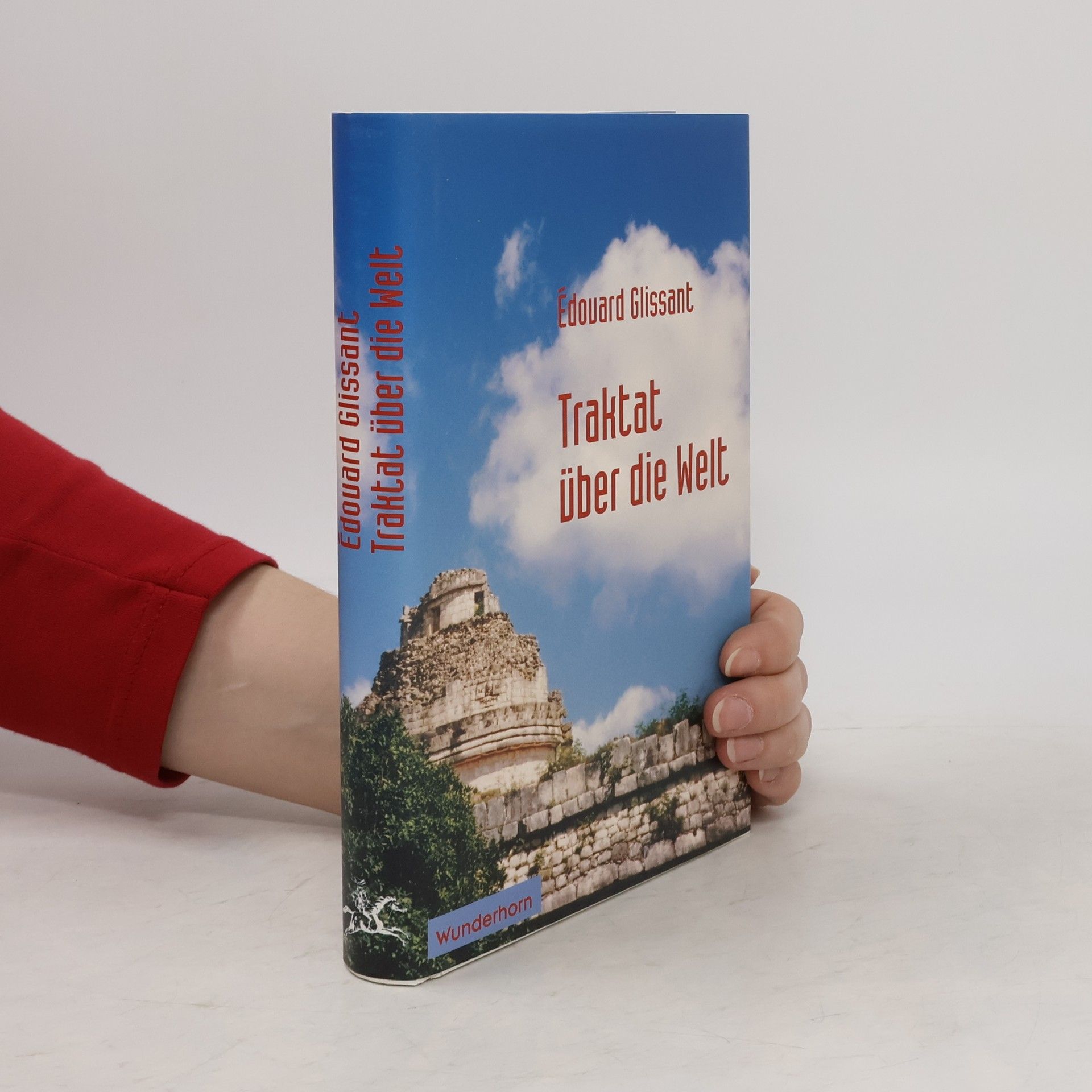Manifestos
- 176 pages
- 7 hours of reading
This collection presents for the first time in English the manifestos by Édouard Glissant and Patrick Chamoiseau, written between 2000 and 2009, partly in response to Barack Obama’s election in 2008. The texts address the complexities of divided identities and critiques of multiculturalism, reflecting on historical and political moments in France, the Caribbean, and North America. The authors tackle socio-political issues such as climate catastrophe, resource extraction, toxicity, and neocolonialism. Key themes emerge through their poetic language, including Relation, globalization, anti-universalism, métissage, the tout-monde ("whole-world"), and the tout-vivant ("all-living"), emphasizing human connections and our relationship with nature. The concepts of créolité and the creolization of the world highlight the need for liberation from community constraints in the face of individualism and neoliberalism. As the inaugural volume in the Planetarities series with Goldsmiths Press, the themes resonate with contemporary challenges posed by economic globalization, identity politics, and various ecosystems. A notable aspect of this publication is its focus on engaged scholarship and the significance of poetry in addressing the urgencies of planetary crises.






